Srinagar 25 February (KNB): Doctors Association Kashmir (DAK) on Thursday called for genetic testing of positive samples to look for new Covid-19 variants in the valley.
Dr Nisar ul Hassan said that the genetic testing would not only help identify known mutants that might have entered the valley but also check whether any mutant has emerged within the region.
He further said that the detecting and tracking variants is critical to prevent another deadly wave of Covid-19 like the one we saw earlier.
“Picking up variants is key to formulate appropriate and effective health policy that would help prevent and control their spread in the community,” Dr Nisar said, “If we don’t know the changes in the genetic structure of the virus, we are running blind.”
He said that the viruses have a tendency to mutate and thousands of Covid-19 mutations have been recorded across the globe since the outbreak of the pandemic.
“Most mutations are meaningless, but others can make a virus more infectious, deadly or resistant to vaccines and treatment,” said Dr Nisar.
Three foreign strains – UK, South African and Brazilian strains that have found their way into India spread more easily and research is underway if they can cause more serious disease.
Dr Nisar said that recently two highly mutated variants – N440K and E484K have been found in Maharashtra, Kerala and Telangana that have raised concern because their presence have been detected at a time when cases are rising in these states.
He further said that E484K is commonly termed as an escape mutation as it helps the virus slip past the body’s immune response; N440K is associated with greater binding affinity with human receptors and linked with faster transmission capability.
“At the moment, it seems the symptoms of the new strains are the same as the earlier one,” he said, adding, “Apart from cough and fever, other symptoms that are reported in persons affected by the new strains include fatigue, muscle pain, headache, loss of appetite, diarrhea and mental confusion.”
“The new variants spread through the same old ways. They spread between people through respiratory droplets when an infected person coughs, sneezes or speaks,” said Dr Nisar.
“This means that wearing a mask, following hand hygiene and maintaining physical distance remain the principal ways to avoid getting infection from the new variants,” he added. (KNB)

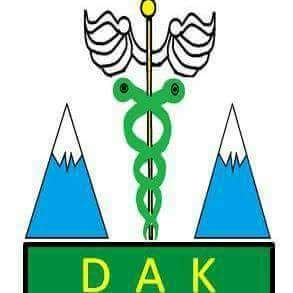

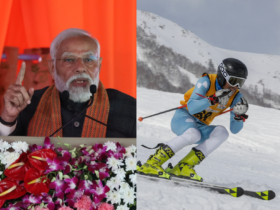






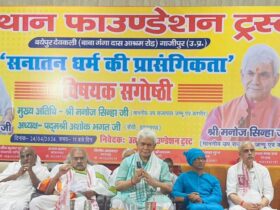


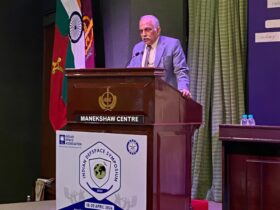
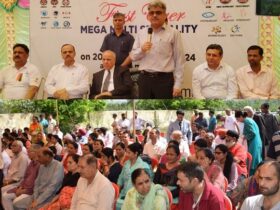
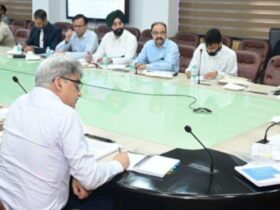

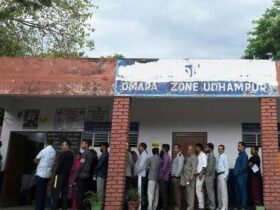
Leave a Reply